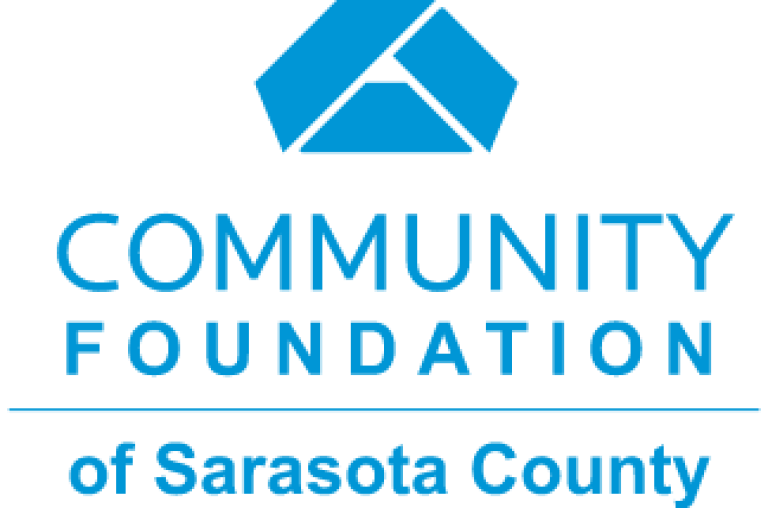November 25, 2019
Warmed by Solutions in Chilly Atlanta
Categories: Leadership, Community Impact,
With temperatures 20 degrees below average, Atlanta played host to the 50th annual meeting of the Southeastern Council of Foundations, where more than 1,000 people gathered to discuss the responsibility of philanthropy to improve communities in the south.
I joined several colleagues from the Community Foundation of Sarasota County, as well as Manatee Community Foundation, to learn from our peers and gain perspective on how to ensure our impact can be the most effective.
Being relatively new to the field, this was my first SECF event, and I found the broad message of equity for all inspiring. More importantly, though, there were actions shared that each of us can put into practice to address immense, global issues locally. These lifelines make the daunting tasks of changing systems and conversations not just possible, but probable.
Here are a few insights from various speakers that I found inspiring:
Climate Change
Dr. Katharine Wilkinson, vice president of Project Drawdown, shared that while the costs necessary to address climate change are in the trillions of dollars, the solutions are available, and while technology absolutely plays a role, the accelerators to change are in the small details of changing our culture. The top three ways to affect change are to eat plant-rich diet, support education – especially for girls and young women – to enact change at family levels, and to support improvements in refrigeration and onshore wind turbines (ok, not every solution is simple).
Poverty & Education
Ralph Smith, managing director of the national Campaign for Grade-Level Reading, suggested that if in philanthropy we spend less time lamenting issues and more time “interrogating success” to understand why and how it happened, we can disrupt generational poverty.
Hate & Bigotry
Noted communicator Andy Goodman dared attendees to dream. Rather than write a strategic plan, he recommended we paint the picture of where we are going, citing the Anti-Defamation League’s “Imagine” campaign that inspired hope through fictional possibilities.
Racism
Finally, lawyer, author, and founder of the Equal Justice Initiative, Bryan Stevenson, asked people to get close with those who need the most help. By getting intimate and “proximate,” we understand the hearts of those we wish to help, and those helping are also relieved of the burden of presuming to have all the answers.
It warmed my heart to meet so many people who, through philanthropy, live each day to change conversations and systems and bring people together. While the communities we live in are not perfect, there is an immense sense of responsibility within foundations to stand up for that change.
